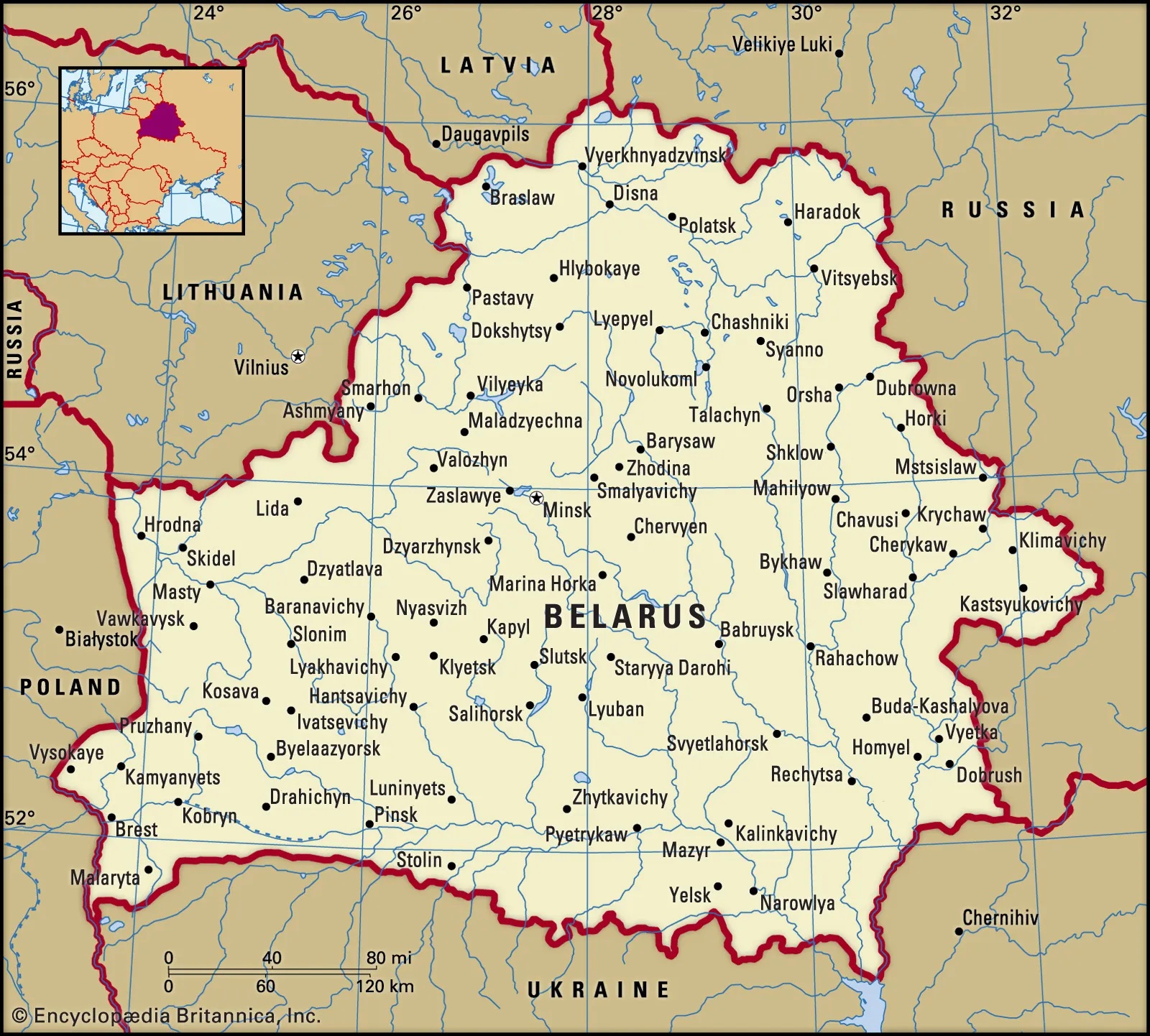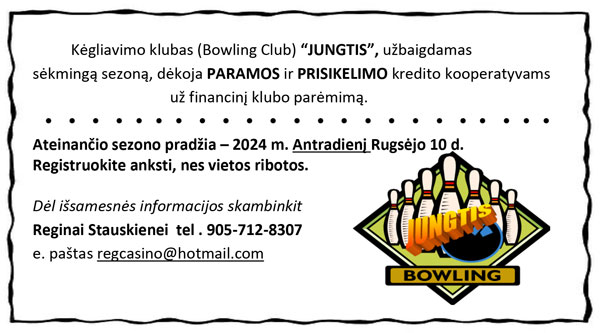
As Russia continues its war in Ukraine, the Lithuanian parliament on April 25th extended national sanctions against Russian and Belarusian citizens for a year, but voted down proposals to impose new restrictions on Belarusians. The most significant new measure is a ban on importing agricultural products and feed originating in Russia or Belarus, with a specific list of prohibited products to be published by the government.
 The motion to extend the Law on Imposing Restrictive Measures Regarding the Military Aggression Against Ukraine was passed in a vote of 109 to two with eight abstentions. Žygimantas Pavilionis, conservative chairman of the parliamentary Committee on Foreign Affairs, said that it was unfair to treat Russian and Belarusian citizens equally, given different policies and attitudes towards them over the past 30 years.
The motion to extend the Law on Imposing Restrictive Measures Regarding the Military Aggression Against Ukraine was passed in a vote of 109 to two with eight abstentions. Žygimantas Pavilionis, conservative chairman of the parliamentary Committee on Foreign Affairs, said that it was unfair to treat Russian and Belarusian citizens equally, given different policies and attitudes towards them over the past 30 years.
Audronius Ažubalis, another conservative member of the committee, noted that sanctions should be equal. At the moment, only Russian citizens are not allowed to buy real estate in Lithuania. “The initiators of this amendment probably forgot that we have repeatedly mentioned Belarus in our official documents as being involved in aggression against Ukraine, just like Russia. So the restrictions applied to Russian citizens should apply to Belarusian citizens as well,” he said.
Commenting on parliament’s decision not to ban Belarusian citizens from buying real estate in Lithuania, Ažubalis said that the removal of additional sanctions against Belarusians from the bill “makes it toothless”. “We are opening the door to Belarusian oligarchs,” he said.
A proposal to restrict travel for Russian and Belarusian citizens to their home countries was not even considered because there were not enough votes to put it up for a debate.
On April 23, Seimas also supported an amendment to revoke temporary residence permits for Russian and Belarusian nationals who “intentionally, publicly and systematically spread false information contrary to public or state interests, or publicly support a crime of aggression recognised by UN documents or international courts”. Two days later, the amendment was taken out of the bill.
The initiators of additional sanctions against Belarusians and Russians referred to Lithuanian intelligence services’ warning that people travelling to Russia and Belarus are at risk of being recruited by those countries’ special services.
The law adopted last year imposed restrictions on Russians and Belarusians to obtain Lithuanian visas and e-resident status. Russian citizens also face additional restrictions on entry to Lithuania and acquisition of real estate in the country. Lithuania also temporarily refuses to accept their residence permit applications. The updated law on national sanctions will be in force until May 2, 2025.
The bill still has to be signed by President Gitanas Nausėda. Last year, he refused to do so because of different sanctions against Russian and Belarusian citizens, but parliament overrode his veto.
Figures from the Migration Department show that 62,884 Belarusian citizens and 15,678 Russian citizens currently hold residence permits in Lithuania.






























